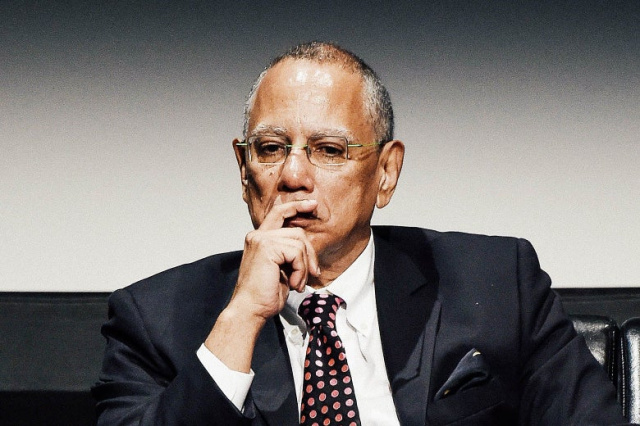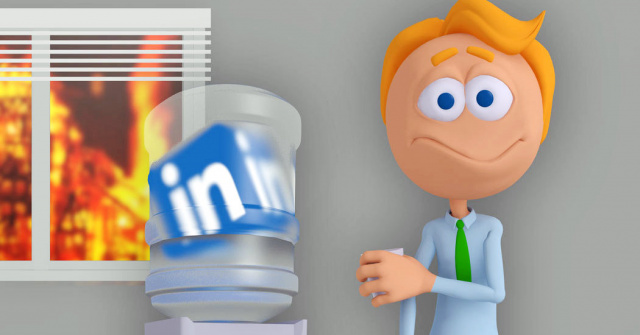Nelson has an interesting follow-up to the bellingcat guide to reverse image searching I posted recently.
media
"The warmongers are never ruined by their mistakes."Justified outrage at the media's willful ignorance of recent history.

The state of reverse image search on the web.
"...if you only use Google for reverse image searching, you will be disappointed more often than not."As disinformation season ramps up in 2020, finding an image origin is a useful tool to have.
Excellent description of how broken “both sides” journalism is right now.
"Chuck Todd has essentially said that on the right there is an incentive structure that compels Republican office holders to use their time on Meet the Press for the spread of disinformation. So do you keep inviting them on air to do just that?"Paging Upton Sinclair.
This is the scariest take I’ve read on impeachment. We have arrived at the future Neil Postman warned us about in the 80s: no debate is possible because there's no space for serious debate. In Amusing Ourselves to Death Postman asked, "Who is prepared to take arms against a sea of amusements? To whom do we complain, and when, and in what tone of voice, when serious discourse dissolves into giggles? What is the antidote to a culture’s being drained by laughter?" Everything is entertainment.

This article is very motivating to me. I should set up a semi-private Mastodon instance for locals. We have some good tools available to make New Internet happen.

Take 25 minutes to watch this. He makes a fantastic, succinct argument for regulating social media to stop the reach of hate speech.
If you're Mastodon-curious (and who isn't these days?) this is a great place to start. I especially enjoyed the answer to How do I establish my brand's presence on Mastodon? It would be so easy to veer into cynicism and absolutes with this question and the tone is weary but hopeful. I'm also social media weary but still hopeful about Mastodon. I really enjoy it and I think the folks who steer it are making good decisions.
"Shockingly, they found a positive and statistically significant relationship between the amount of coverage dedicated to mass shootings and the number of shootings that occurred in the following week."I wish more people knew about the media contagion problem—especially people in the media.

Like the Ogilvy company meeting a few weeks ago, this is an inside look at employees pushing back against management decisions. It's fascinating to get insight into debates around language at a major media outlet like this. Language defines how we interpret the world, so this conversation is like watching people determine what is real.

Because there isn't much happening there? And maybe that's good?!
"Scaling job two – looking good at work – up to a social network creates a new sort of venue: a non–office office, with thousands of bosses, none of them yours, all of them potentially watching."Interesting to consider the different social pressures at work on LinkedIn that aren't explicitly part of the service. (Sorry about the NYT paywall link—I'm trying to stop linking there.)
The spectacle is merciless but can the media change that fact with selective attention? I like Ezra Klein's thought here:
"Perhaps offense and bigotry should be understood as Trump’s baseline — newsworthy, just as the central projects of other leaders are newsworthy, but not worthy of blanket coverage upon every utterance."I also think this is partly what Beto O'Rourke was challenging when he lost his cool with the media: ‘What the F*ck?’ Is Right. The media feigning suprise at every new racist comment has worn thin.